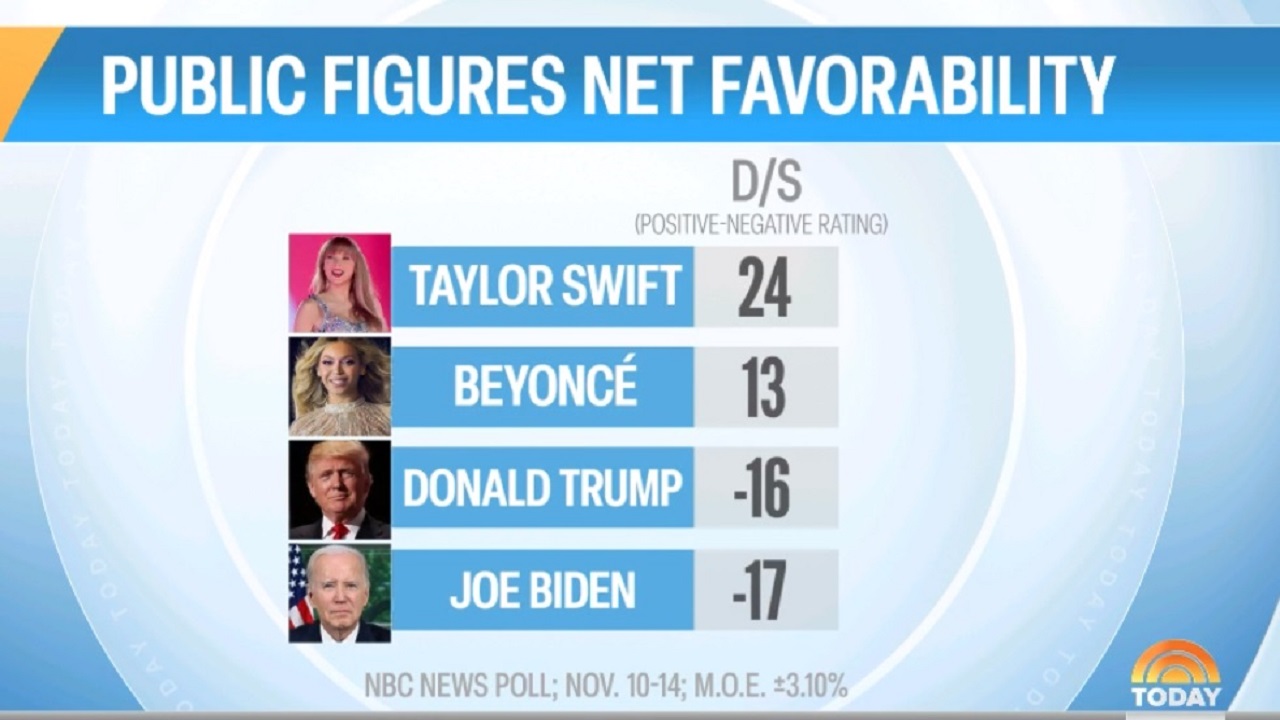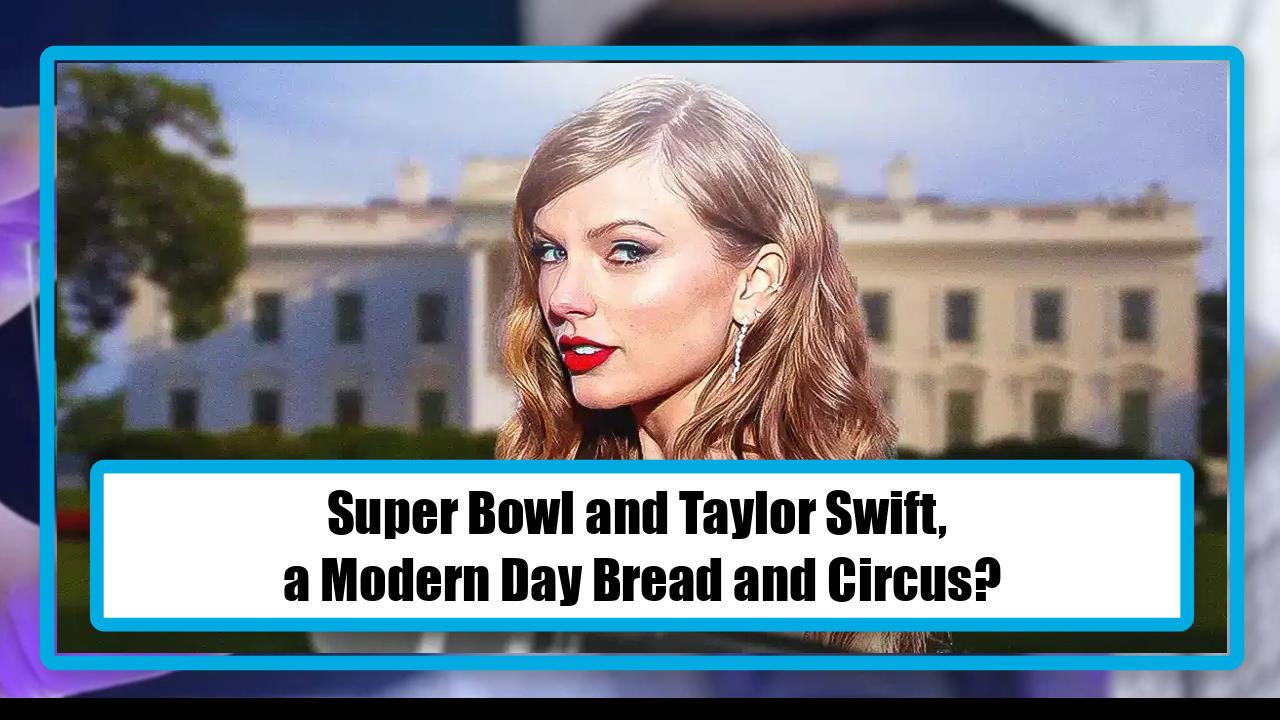Video:
Take our online poll:
AI Analysis:
The Origin and Modern Relevance of "Bread and Circus" in the Super Bowl
The phrase "bread and circuses" originated from ancient Rome and reflects the strategy employed by rulers to keep the masses content through a combination of basic sustenance (bread) and entertaining spectacles (circuses). This concept, often attributed to the Roman poet Juvenal, highlights the use of distractions to divert public attention from political and social issues. Fast forward to the 21st century, and the Super Bowl, America's most-watched sporting event, bears a striking resemblance to this ancient notion.
Historical Context: In ancient Rome, emperors used the distribution of free grain (bread) and the staging of elaborate gladiator contests and chariot races (circuses) as a means to pacify the populace. By providing citizens with food and entertainment, rulers could deflect attention from political corruption and economic struggles, maintaining social order.
Super Bowl as Modern-Day "Circus": The Super Bowl, held annually in the United States, has evolved into more than just a football game. It has become a grandiose spectacle that captures the attention of millions around the world. The halftime show, celebrity appearances, and extravagant commercials contribute to the event's circus-like atmosphere, serving as a distraction from societal issues. The emphasis on entertainment often overshadows discussions about broader concerns, allowing people to indulge in the festivities without dwelling on more pressing matters.
Consumerism and Distraction: Much like the ancient Roman rulers, modern governments and corporations leverage entertainment events such as the Super Bowl to divert attention from critical issues. The saturation of advertisements, celebrity performances, and the overall extravaganza serve as a form of "bread and circuses," providing the public with a temporary escape from reality while reinforcing consumerist tendencies.
Critics argue that the Super Bowl, despite being a celebration of athleticism and competition, inadvertently perpetuates a culture of passivity and materialism. The event's sheer magnitude, coupled with its entertainment-centric nature, tends to overshadow discussions on social, political, and economic challenges facing society.
The phrase "bread and circuses" has transcended its ancient origins, finding a contemporary echo in events like the Super Bowl. While the spectacle offers a chance for communal enjoyment and celebration, it is essential for society to remain vigilant and engaged in addressing more significant issues. By understanding the historical context of "bread and circuses," we can better navigate the balance between entertainment and the critical discussions necessary for societal progress.
Chart:

References:


Comments